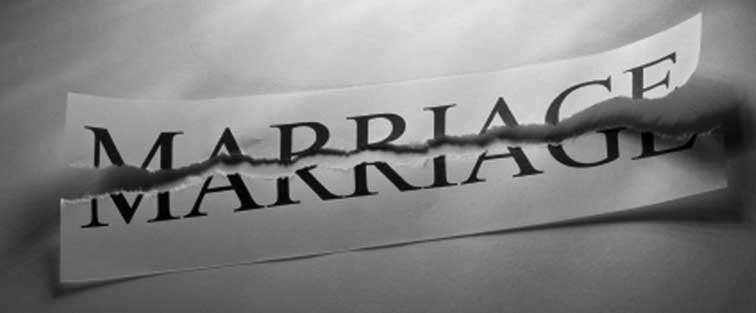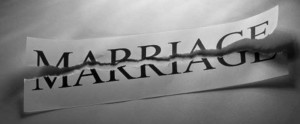-Advocate Puneet Bhasin, Cyber Law Expert, Cyberjure Legal Consulting
Divorce is definitely a painful process. A relationship that begins with affection at the altar ends with negative emotions in a court room. Divorces are of two kinds- Mutual consent divorce and Contested divorces. Mutual consent divorce is one where the parties agree upon the terms of separation and amicably end the marriage; and Contested divorce is one where one of the parties to the marriage has committed a matrimonial offence. There is a burden of proof on the party who alleges that the other has committed a matrimonial offence. This is in common words called the Fault theory of divorce. Grounds of divorce are adultery, cruelty, etc.
In this digital age, the evidence of a matrimonial offence is mostly contained in a computer, laptop, mobile phone, tablet or any other computer resource. This brings into the picture The Information Technology Act, 2000. For example, in the case of an alleged adultery by a wife, the husband would present the proof of the same from the emails, whats apps and other social media interaction she has exchanged with her boyfriend. The main issue here is the manner in which the husband would obtain this data. If the husband hacks his wife’s email accounts or unauthorisedly accesses her smses he is liable under the Information Technology Act to compensate his wife for the alleged unauthorised access and is liable to be punished for hacking.
The concept of unauthorised access as elucidated in the Information Technology Act includes the act of viewing data in another person’s computer, computer resource or mobile phone without such person’s authorisation. It also makes the act of even touching another person’s computer or mobile phone without their permission an act of unauthorised access and thereby making them liable to pay compensation for the injury caused.
An extension of this concept was read into the fundamental right to life under Article 21 of the Constitution in the landmark case of Vinod Kaushik v. Madhvika Joshi, whereby the concept of right to privacy was included in the relationship of marriage also. There is a right to privacy which a spouse enjoys even in a matrimonial relation and if the other spouse unauthorisedly accesses smses, whats apps and emails to prove a ground for divorce, then it renders such an erring spouse liable under the Information Technology Act. This party presenting such evidence in a Family Court has not come to the court with clean hands, thereby restricting or negatively affecting the remedies available to him.
The advent of technology and its role in relationships has given cyber laws a major role to play in divorce proceedings.
 Serato DJ Crack 2025Serato DJ PRO Crack
Serato DJ Crack 2025Serato DJ PRO Crack










 Allow notifications
Allow notifications



Education is important and nowadays a person of age less than 80 years can learn and acquire knowledge to help others.I started doing Certificate in Business Management and am now pursuing Diploma in Business Management.I believe that every scholar can achieve dreams so long as one be able to set certain mission , goals,visions and focus highly on them.Am currently studying in Murang’a University College-Kenya in Africa and I want to achieve my dreams.I am therefore convinced to look for scholarship in future after my first degree so that I can do Masters Degree.I would like to ask maximum support to achieve this goal so as to help other people to achieve their dreams.Thank you.